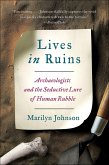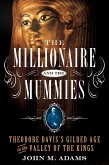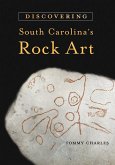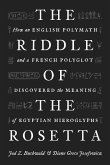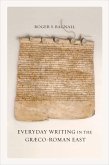Life-writing is a vital part of the history of archaeology, and a growing field of scholarship within the discipline. Travels and adventures of the 'great archaeologists' have generated centuries-worth of bestselling books that, in turn, shaped the public perception of archaeology. The lives of archaeologists are entangled with histories of museums and collections, developments in science and scholarship, and narratives of nationalism and colonialism into the present. In recent years life-writing has played an important role in the surge of new research in the history of archaeology, including ground-breaking studies of discipline formation, institutionalisation and social and intellectual networks. Sources such as diaries, wills, film and the growing body of digital records are powerful tools for highlighting the contributions of hitherto marginalised archaeological lives including many pioneering women, hired labourers and other 'hidden hands'.
This book brings together critical perspectives on life-writing in the history of archaeology from leading figures in the field. These include studies of archive formation and use, the concept of 'dig-writing' as a distinctive genre of archaeological creativity and reviews of new sources for already well-known lives. Several chapters reflect on the experience of life-writing, review the historiography of the field and assess the intellectual value and significance of life-writing as a genre. Together, they work to problematise underlying assumptions about this genre, foregrounding methodology, social theory, ethics and other practice-focused frameworks in conscious tension with previous practices.
This book brings together critical perspectives on life-writing in the history of archaeology from leading figures in the field. These include studies of archive formation and use, the concept of 'dig-writing' as a distinctive genre of archaeological creativity and reviews of new sources for already well-known lives. Several chapters reflect on the experience of life-writing, review the historiography of the field and assess the intellectual value and significance of life-writing as a genre. Together, they work to problematise underlying assumptions about this genre, foregrounding methodology, social theory, ethics and other practice-focused frameworks in conscious tension with previous practices.
Dieser Download kann aus rechtlichen Gründen nur mit Rechnungsadresse in A, D ausgeliefert werden.





